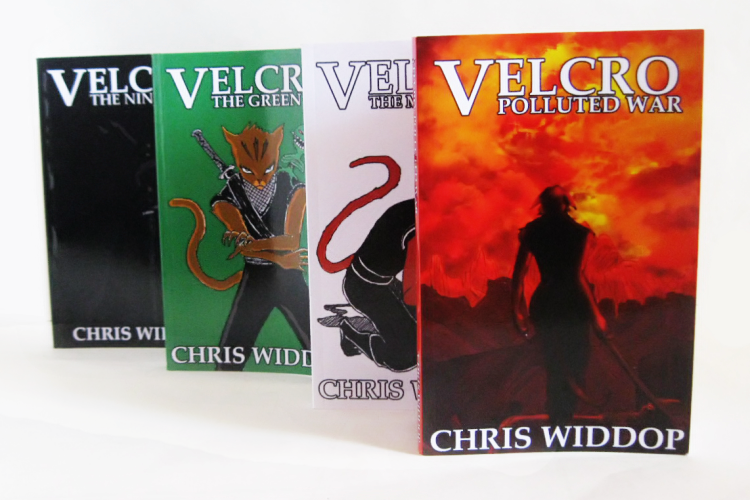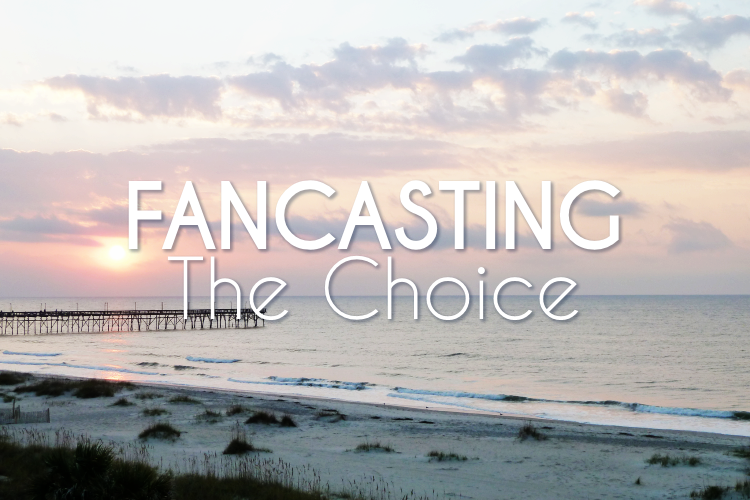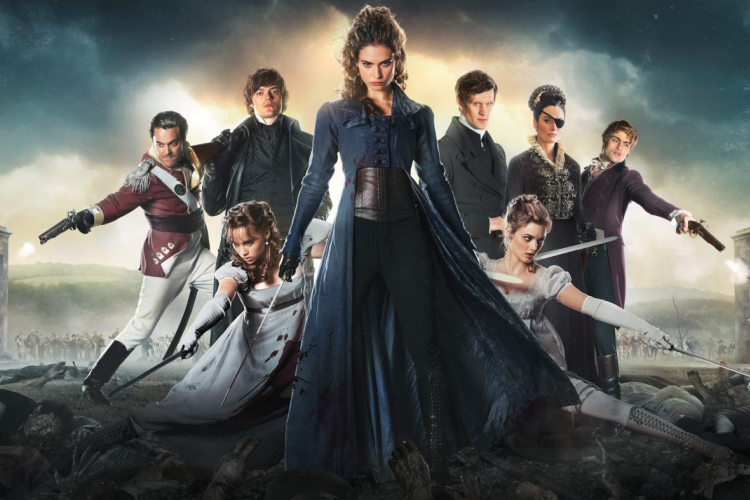Following Tails Mask's widespread fiery attack that had brought an abrupt end to the Polluted War, the world has fallen into chaos. And in the ensuing confusion, many key players have gone mysteriously missing, including the villainous Tails Mask, as well as our hero, Velcro the Ninja Kat herself.
Having now seen just how powerful and dangerous Magic can be in the wrong hands, war has once more been reinvigorated, as a new military faction known as the Phoenix Corps has arisen with the express task of eradicating all remaining Magicians the globe over, and have set their sights on those harboring solace in the Country of Rath. And meanwhile, several bands of bounty hunting Egg Hunters have also set out in order to cash in on the heads of the Magicians that have gone into hiding.
As every sequel picked up relatively where the last installment concluded, The Polluted War asks enough open-ended questions about the next phase of Velcro’s journey. The Red Easter left all of her friends in various locations and in the throes of heated one-on-one-battles, letting everything that they fought for burn down seemingly for good. As the country hangs in the balance the end of one war and the origins of possible another, there's time now to ask what is peace and how can that be accomplished instead. Similar to not necessarily starting where the last book left off, Widdop starts to thread new ideas of what it means to start over. I expected The Egg Hunters to pick up where it left off, but it defies a lot of expectations by not necessarily letting the same battle continue on forever.
As every sequel picked up relatively where the last installment concluded, The Polluted War asks enough open-ended questions about the next phase of Velcro’s journey. The Red Easter left all of her friends in various locations and in the throes of heated one-on-one-battles, letting everything that they fought for burn down seemingly for good. As the country hangs in the balance the end of one war and the origins of possible another, there's time now to ask what is peace and how can that be accomplished instead. Similar to not necessarily starting where the last book left off, Widdop starts to thread new ideas of what it means to start over. I expected The Egg Hunters to pick up where it left off, but it defies a lot of expectations by not necessarily letting the same battle continue on forever.
Since the plot consistently set Velcro and her allies in motion to thwart evil schemes, The Egg Hunters features a new crew rising to take the place of The Devil Corps but it doesn’t feel like its repeating the origins of the war Velcro and her friends just faced. One of the common threads of the series so far was its theme of war and how it divided or united the characters – how it affected their decisions and actions to cast revenge or avenge friends and family, or believing in a cause that turned out to be nothing but empty promises. Without war so much at the forefront as much as it was in the past, this book is able to slow down more. This next part of his world seems like it has another fight up his sleeve of his characters, but it’s also more reserved than the one that came before.
In many ways, this final book feels like a return to the start of the series when we were first introduced to Velcro and she was just starting to expand her knowledge and use of magic. After the previous books explored the feud with her brother Charlie and the training to become a masked vigilante, she’s now able to try to understand her own role with the resurgence of pro and anti-magic rhetoric, and as well as what she can do with magic now - to cast revenge for what happened with The Red Easter, to end magic for good, or save her friends by staying in the shadows. Since I’m trying to avoid spoilers, I’ll just say her discovery of how her disappearance had an impact on the world, and how her mythos continued after she was seemingly gone, was a real treat to see the typical defeated hero thrust back into their world of saving turned on its ear. Widdop’s always managed to create good backstories for his wide range of characters and ramping up all the stakes between them. With that part now taking more of a backseat, he’s able to continue building his heroine and give her a heartwarming and emotional end to her arc.
While Widdop definitely shows a gift for expanding Velcro's story, it is difficult to depart with how the story began and continued to tread for the past few books. Since the beginning, a lot of supporting characters, locations, and origins of magic were introduced and explored - a fair portion of them earned their own backstories and raised the stakes in overall the story. In contrast, The Egg Hunters really dials it back from that approach. Many of the minor characters might have just been smaller cogs in the whole wheel, but they kept the whole machine well-oiled and running. Their disappearance or just the allusion of what happened to them fits the story he was telling. But on the other hand, it's difficult to feel like their arcs matched up to hers as completely and satisfyingly.
Velcro: The Ninja Kat series offers a fun adventure for readers wanting to look for a unique short set of books to dive into but offers a complete world. Sometimes it’s difficult to get involved in a series because the ending doesn’t always live up to the hype.But Widdop’s story expands and never loses sight of his ideas. Each installment added a new action-packed layer to his world-building and made the battle for magic (or against it) worth it. I enjoyed reading the series and to see the story conclude for now.
Rating: ★★½☆























